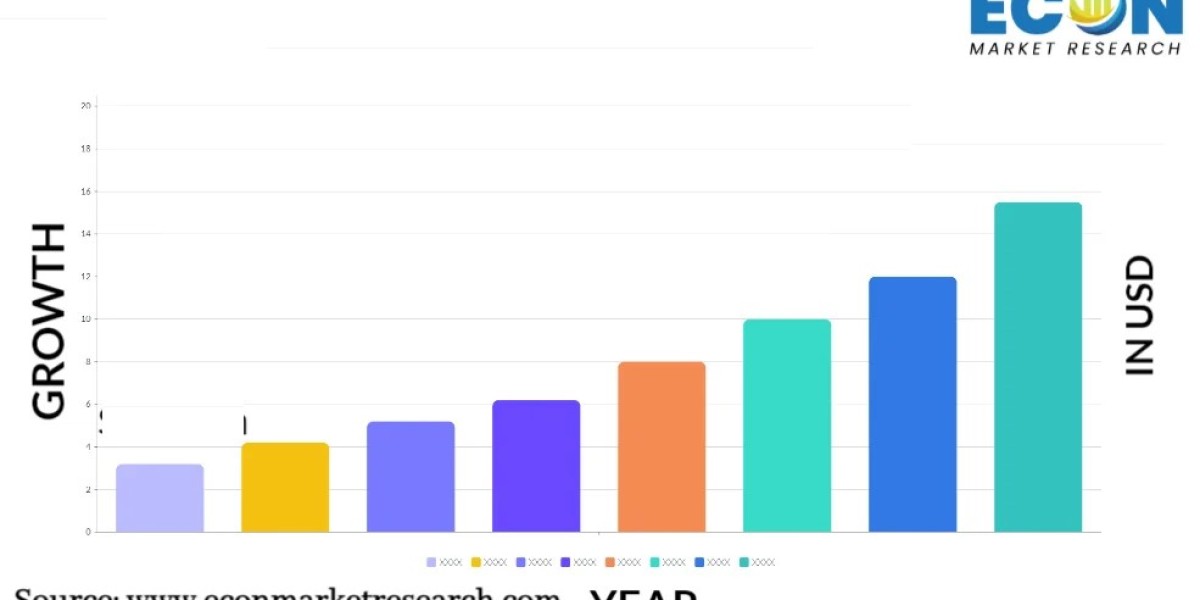Matcha Tea Market, once a niche drink enjoyed primarily in Japan, has exploded onto the global scene in recent years, earning its place in health-conscious households, cafes, and wellness circles. From its vibrant green color to its rich, earthy flavor, matcha offers a unique blend of health benefits and cultural heritage. As demand for healthier and more sustainable beverages continues to rise, the matcha tea market is witnessing impressive growth. In this blog, we’ll explore the trends, growth drivers, challenges, and future prospects of the matcha tea market.
What is Matcha Tea?
Before diving into the market trends, it’s important to understand what makes matcha so special. Matcha is a powdered form of green tea made from the leaves of Camellia sinensis that are grown under shade for several weeks before harvest. The process of shading the leaves boosts chlorophyll production, giving matcha its signature green color and enhancing the levels of catechins—powerful antioxidants that contribute to its health benefits.
The Health Benefits Driving Market Growth
One of the primary factors contributing to the growth of the matcha tea market is its health benefits. With a growing global emphasis on wellness, natural ingredients, and functional beverages, matcha has become a go-to drink for consumers looking to boost their energy, enhance focus, and improve overall health. Here are some of the key benefits fueling its rise:
1. Rich in Antioxidants
Matcha is packed with catechins, particularly epigallocatechin gallate (EGCG), a powerful antioxidant known for its anti-inflammatory and anti-cancer properties. The high antioxidant content in matcha helps fight free radicals, reduce oxidative stress, and protect the body from chronic diseases.
2. Enhanced Mental Clarity and Focus
Matcha contains L-theanine, an amino acid that promotes a calm yet alert state of mind. Unlike coffee, which can cause jitters or an energy crash, the combination of caffeine and L-theanine in matcha provides a more sustained, balanced energy boost. This makes it an ideal choice for those looking to enhance mental focus and productivity without the side effects of traditional caffeinated beverages.
3. Boosts Metabolism and Supports Weight Loss
Matcha has been shown to increase metabolic rate and enhance fat oxidation, making it a popular choice for those seeking weight management benefits. The thermogenic effect of matcha, combined with its caffeine content, helps the body burn fat more efficiently, making it a popular addition to weight loss diets.
4. Promotes Relaxation and Stress Relief
The calming properties of L-theanine in matcha also help reduce stress and anxiety. Drinking matcha can promote a sense of relaxation and mindfulness, making it a popular choice in wellness routines, yoga practices, and meditation sessions.
Request a sample@https://www.econmarketresearch.com/request-sample/EMR001099/
Key Segments in the Matcha Tea Market
The matcha tea market is broad and encompasses several key product categories:
1. Matcha Powder
Matcha powder is the most traditional and versatile form of matcha. It can be used in tea preparation, smoothies, lattes, and even baking. Consumers can choose from different grades of matcha, with ceremonial grade being the highest quality and culinary grade being more affordable for everyday use.
2. Ready-to-Drink Matcha Beverages
As convenience becomes a priority for consumers, ready-to-drink (RTD) matcha beverages are growing in popularity. These bottled drinks, often combined with plant-based milk or sweeteners, cater to busy individuals who want a quick and healthy alternative to sugary sodas or coffee.
3. Matcha-based Food Products
The matcha food segment includes matcha-flavored snacks, protein bars, energy drinks, and desserts. Matcha-flavored ice cream, cakes, cookies, and chocolates are popular choices, especially in Asian markets, but have also gained traction in Western countries as matcha’s global appeal expands.
4. Matcha Supplements
Matcha supplements, including capsules and powder blends, are a growing segment within the wellness market. These supplements are marketed for their antioxidant properties, energy-boosting effects, and ability to promote weight loss, making them a popular choice for fitness enthusiasts and health-conscious individuals.
The Future of the Matcha Tea Market
The future of the matcha tea market looks promising, with continued growth expected in both developed and emerging markets. As more consumers embrace a healthy lifestyle and seek out functional, natural beverages, the demand for matcha will likely continue to rise. Key factors driving this growth will include:
- Sustainability: As sustainability becomes a more prominent concern, matcha’s eco-friendly production process and health benefits will appeal to environmentally conscious consumers.
- Expansion into New Product Categories: The versatility of matcha means it will likely continue to expand into new food, beverage, and wellness categories, appealing to a wider audience.
- Globalization of Tea Culture: As more consumers around the world become familiar with traditional Japanese tea culture, matcha will continue to gain popularity as both a beverage and a lifestyle.
Phone Number: +1 812 506 4440
Email: sales@econmarketresearch.com









